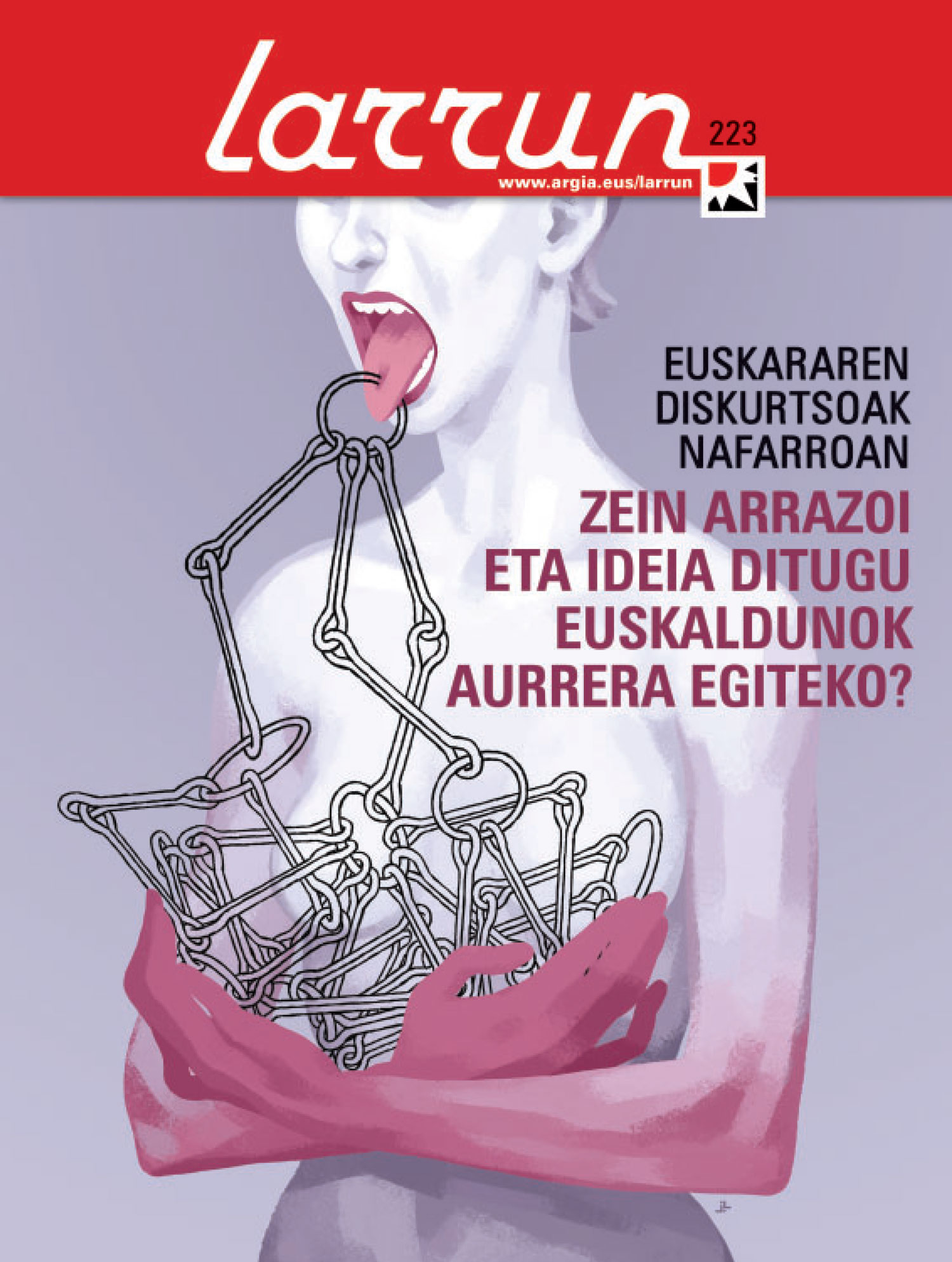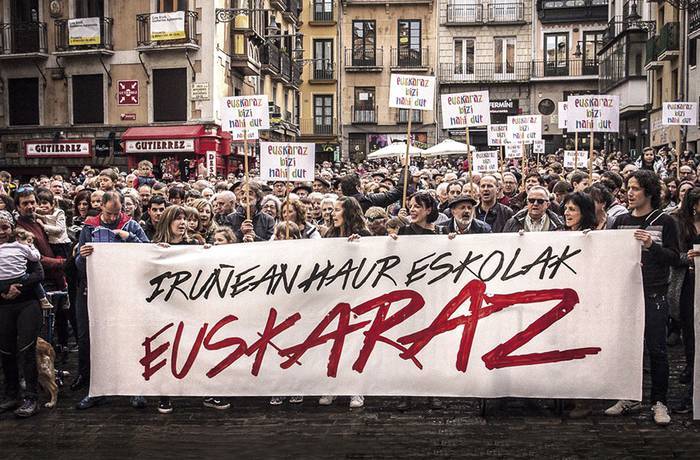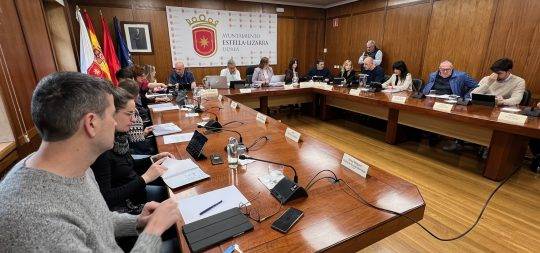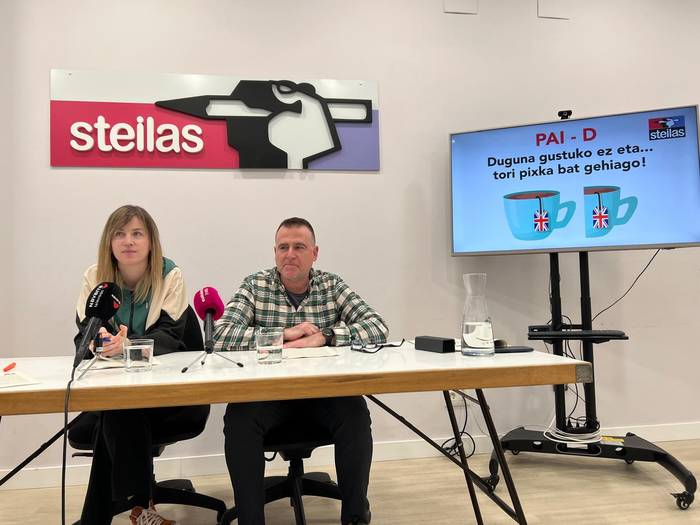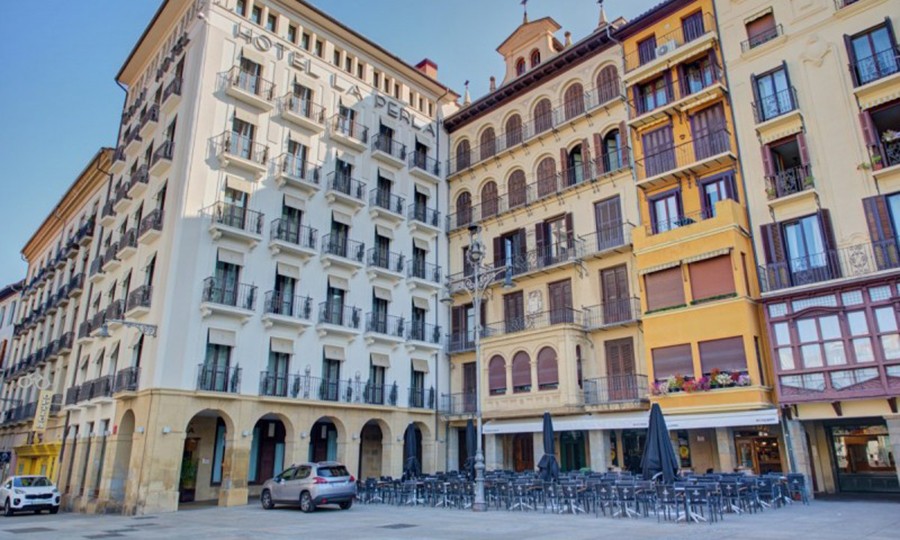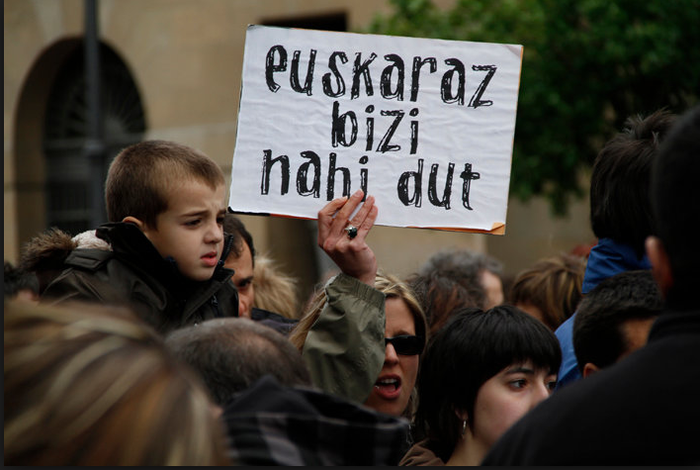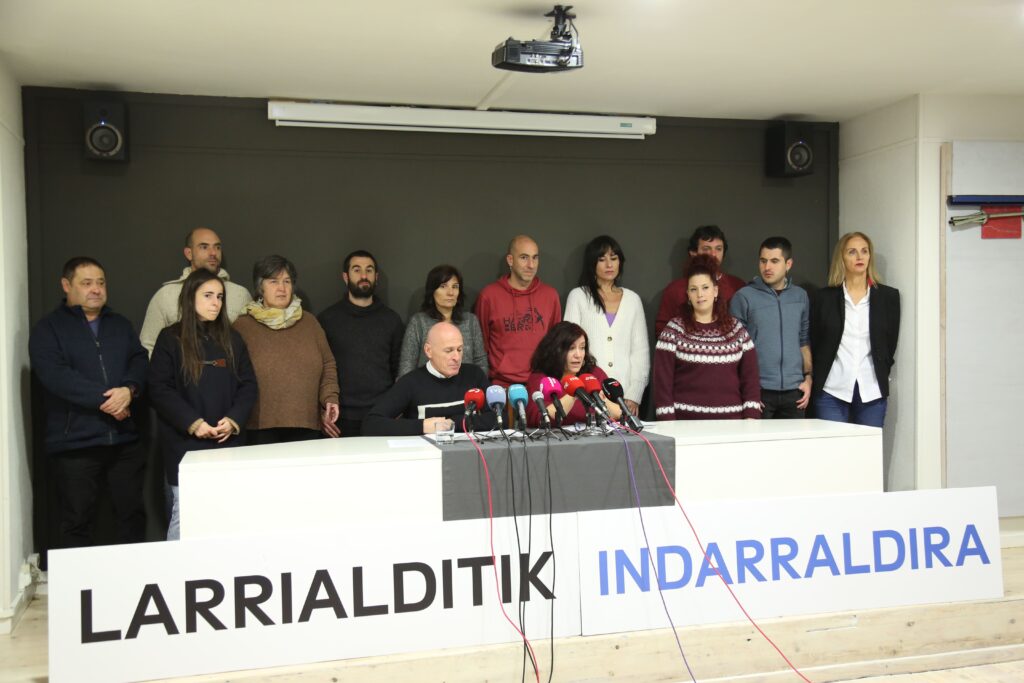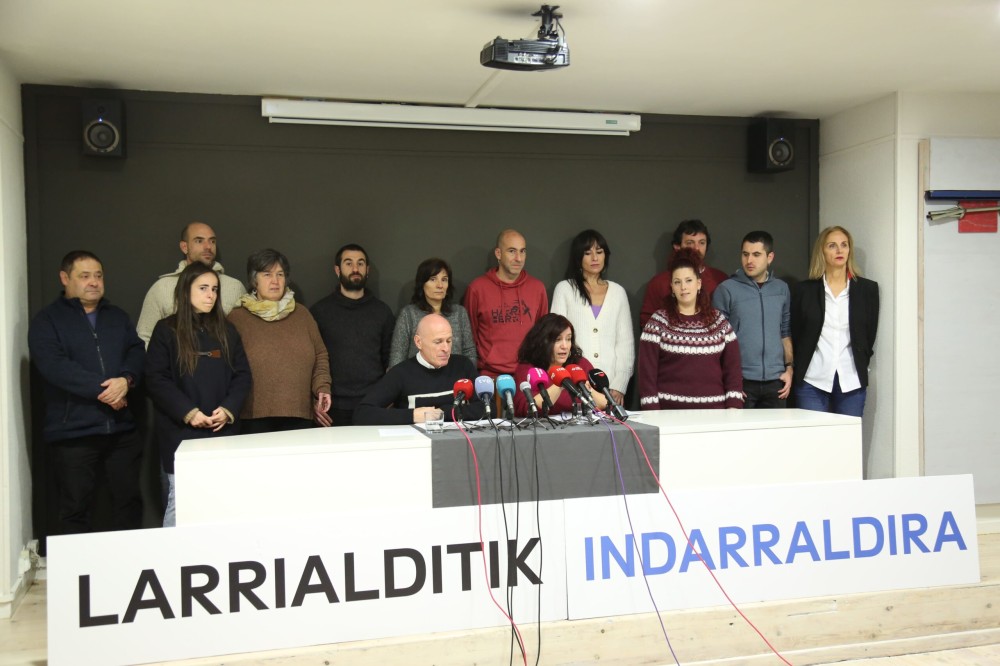Social cohesion and cultural wealth
- To the Spanish neurobiologist Rafael Yuste I heard him say in a recent interview that he was interested in learning Basque even though he was from Madrid and lived between the United States and Spain. Here are your words: “I think it’s wonderful and they should teach in all schools in Spain and Europe.
In Europe we have no other pre-Indo-European language: it has a precise and surprising grammatical structure, and that correct way of describing the world fascinates me. I am not Basque, because my family is Riojana. If you really like one thing, you don't have to explain why you do it. I am fascinated by Euskera.”
The cultural importance of our language – the Basque language – should be sufficient for it to be cared for, shared and admired. However, every time we see that the use of Euskera is regulated by law. As long ago as 1986, Law Foral 18/1986 of 15 December, of the Vascuence, stated that languages play a fundamental role in coexistence and understanding, and that, given that we have two own languages, respect for the linguistic rights of all citizens becomes a fundamental element in achieving social cohesion among people.
The majority of society has long realized that Euskera is a language belonging to Navarre, as well as a minority language which throughout history has been subjected on several occasions to coercive measures, so that its use has been reduced, so it must be protected and promoted as the heritage of all Navarros and Navarras. This is reflected in the Foral Law cited above, as well as in the European Charter of Regional or Minority Languages, which Spain signed in 1992 and ratified in 2001. This law clearly establishes the need for special measures, for the benefit of regional or minority languages, aimed at promoting equality between these speakers and the rest of the population and taking into account the situation of these speakers, as well as the recommendations of the Council of Europe Committee of Ministers and the reports prepared by the Committee of Experts in 2005, 2008, 2012 and 2016.
We are talking about guaranteeing the linguistic rights of each and every Navarran woman and men. Thus, this year the Navarre Parliament approved the modification of the Foral Law of the Vascuence, with the votes in favour of Geroa Bai, EH Bildu, Bah-Ahal Dugu and Left-Ezkerra and against UPN, PSN and PPN. Specifically, the title in Spanish has been modified (the old Foral Law of the Vascuence is called the Foral Law of the Basque Country); in the amendment of Article 5.1 b, 44 new municipalities have been introduced in the mixed area thanks to the agreements of the plenums of these municipalities and local authorities are given the competence to regulate or promote the use of the Basque Country.
In short, it is a question of continuing with the development of the law; continuing with the regulation of the normal and official use of the Basque Country in the areas of social coexistence and teaching; protecting the right of citizenship to know and use the Basque Country and defining the instruments to exercise it; supporting the revitalization and development of the Basque Country, adopting measures to promote the use; guaranteeing the use and teaching of the Basque Country under criteria of sociolinguistics.
We can hardly make progress in the normalization of the Basque Country if we do not develop and comply with the laws passed in Parliament and repeatedly fail to comply with the agreements and covenants signed. What we now need is to honour the commitments we have made and to follow a roadmap to devise actions to put an end to the situation of exclusion and to cut back on previous governments. Let us provide the necessary means and act with a broad conception, to prevent one of our most beautiful cultural values from being a source of conflict, since the languages we use to communicate in everyday life, in some cases the reality is bilingual, and in others, multilingual, are the basis of social cohesion and cultural wealth: I also want to live in Basque.
Ainhoa Aznarez is the President of the Navarre Parliament
Iruñeko haur eskoletako zuzendariek, EH Bildu, Geroa Bai, Zurekin Nafarroa eta PSNren arteko akordioa kritikatu dute. “Murgiltze ereduaren alde egin dugu beti, baina inoiz ez da gure iritzia kontutan hartzen” salatu du Euskalerria Irratian, Garikoitz Torregrosa... [+]
Euskarazko eskaintza handitzeko akordioa erdietsi dute EH Bilduk, PSNk, Geroa Baik eta Zurekin Nafarroak
Plazara, AEK, Uda Leku, Dindaia eta Ebete antolakundeak Baionan elkartu dira Famili'on egonaldi ibiltariaren lehen edizioa aurkezteko. Hizkuntza mailaren arabera eskaintza bat edo beste egongo da eta haur zein gurasoentzat izango da udaberrian.
Administrazio Epaitegiak arrazoia eman dio EH Bilduk Lizarrako plantilla organikoaren hizkutnz profilen aurka jarritako helegiteari.







